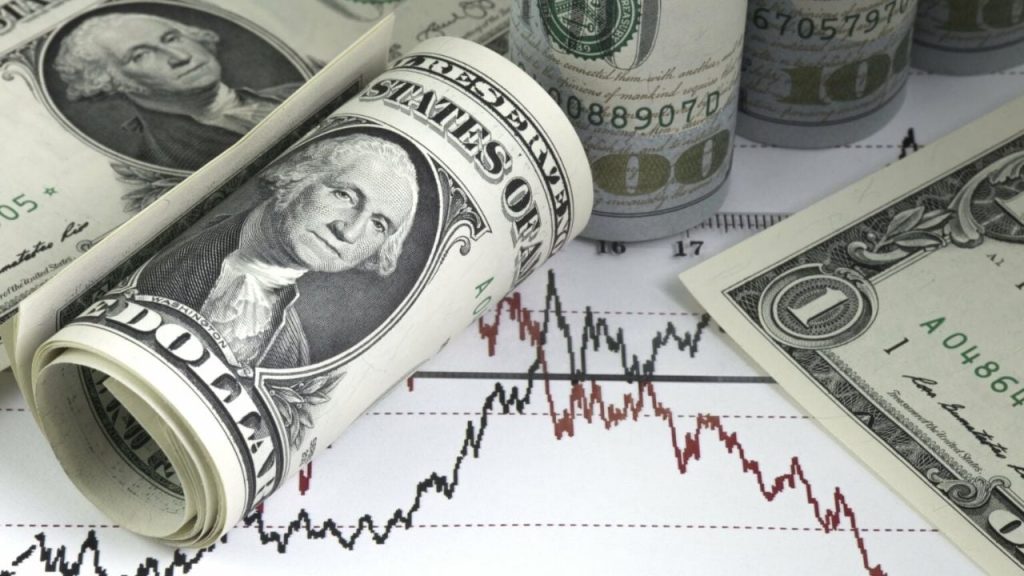The Mercosur automotive sector gained more time to eliminate tariffs and open the market to the European Union (EU). The final text of the agreement between the two economic blocs, signed this Friday (6), it also created an unprecedented investment safeguard mechanism in the event of a sudden increase in vehicle imports from the EU.

According to the traditional definition, a free trade zone, such as the one that will encompass Mercosur and the EU, cannot have tariffs on the movement of goods between the two blocs. The text, however, established special treatment for the Mercosur automotive sector, with the extension of the schedule elimination of tariffs for vehicles produced with innovative technologies.
According to the previous text, the removal of tariffs (reduction) would take 15 years after the agreement came into force for all segments of the automotive sector. Now, manufacturers of electrified vehicles will have 18 years to do the waiver. For hydrogen vehicles, the tariff elimination period increased to 25 years, with a six-year grace period. In the case of vehicles produced with new technologies, even those not commercially available, the interval increased to 30 years, with a six-year grace period.
The final text of the agreement also established a safeguard mechanism that allows the maintenance and expansion of investments by vehicle manufacturers. If imports of European vehicles skyrocket after the entry into force of the trade agreement and threaten the Mercosur automotive industry, Brazil could suspend the tariff reduction schedule for the entire sector or resume, for three years (renewable for another two), the tariff standard of 35% for products from outside Mercosur. The measures can be applied without the need for compensation to the EU.














